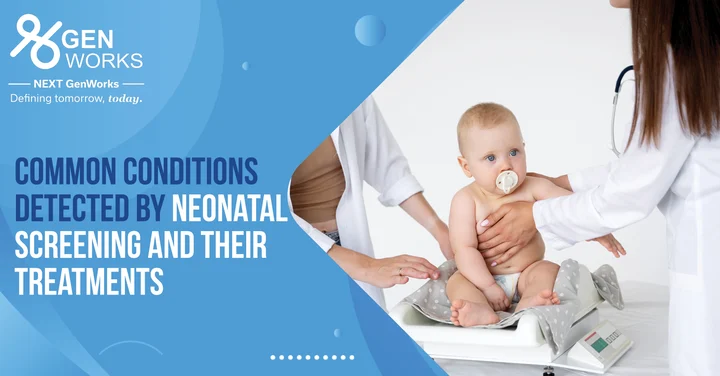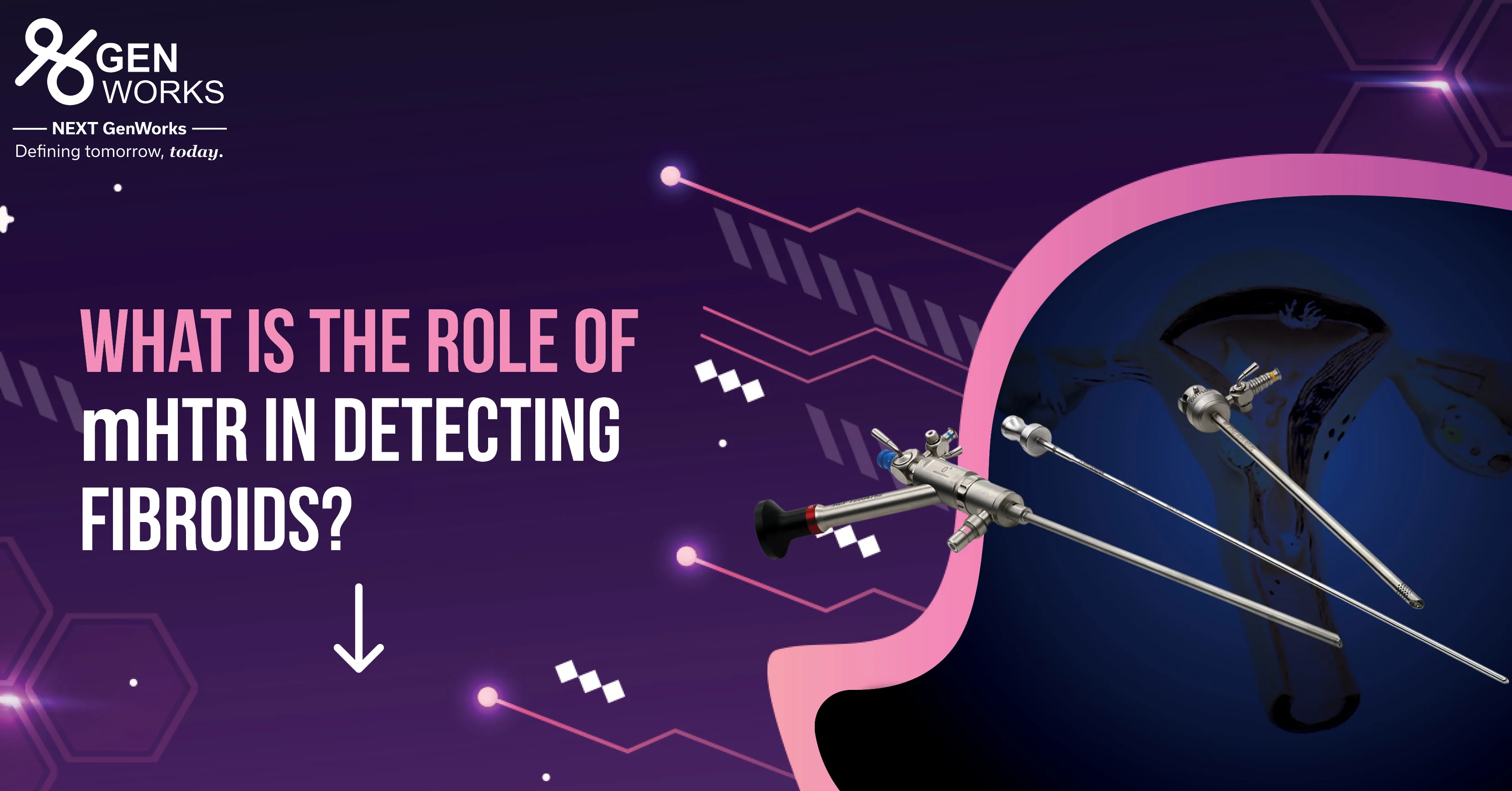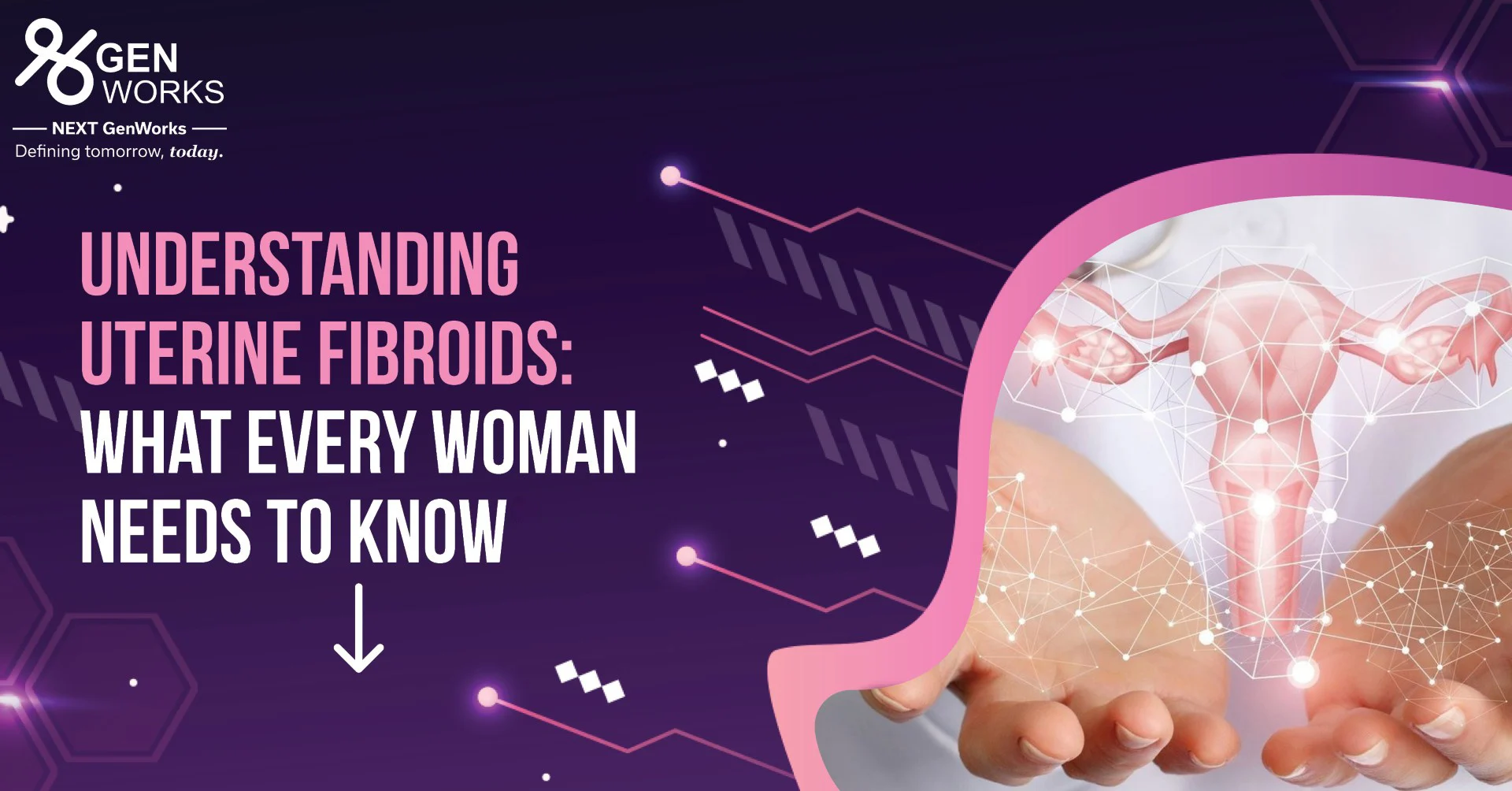Common Conditions Detected By Neonatal Screening and Their Treatments

Neonatal screening is a critical practice in modern healthcare, aimed at identifying a range of congenital disorders that can affect newborns. These screenings, typically conducted within the first few days of a baby's life, are designed to detect conditions that may not be immediately apparent but can lead to serious health issues if left untreated.
Early detection through neonatal screening allows for prompt intervention, which can significantly improve the prognosis and quality of life for affected infants. In this blog, we will explore some of the most common conditions detected by neonatal screening and their corresponding treatments.
-
Congenital Hypothyroidism: Congenital hypothyroidism occurs when a baby is born with an underactive thyroid gland, leading to insufficient production of thyroid hormones. These hormones are crucial for growth and brain development.
This condition is usually identified through a blood test that measures the levels of thyroid-stimulating hormone (TSH) and thyroxine (T4). The treatment involves daily administration of synthetic thyroid hormone or Levothyroxine. When started early, this therapy can ensure normal growth and cognitive development.
-
Neonatal Jaundice: Neonatal jaundice is a common condition that affects many newborns. It is characterised by a yellowing of the skin and eyes caused by high levels of bilirubin in the blood. Bilirubin is a byproduct of the normal breakdown of red blood cells, and newborns often have higher levels due to the immaturity of their liver, which processes bilirubin.
Jaundice is typically detected through visual examination and confirmed by measuring bilirubin levels in the blood. In these cases, BiliCare helps in accurately and conveniently measuring the levels of bilirubin to assess the risk of neonatal hyperbilirubinemia. Mild jaundice often resolves on its own as the baby's liver matures.
-
Cystic Fibrosis: Cystic fibrosis is a genetic disorder that affects the respiratory and digestive systems. It causes the production of thick, sticky mucus that can clog the lungs and obstruct the pancreas.
Neonatal screening for cystic fibrosis involves a blood test to measure levels of immunoreactive trypsinogen (IRT), followed by genetic testing if necessary. There is no cure for cystic fibrosis, but various treatments can manage symptoms and improve quality of life.
The common treatments include airway clearance techniques, inhaled medicines, pancreatic enzyme supplements, and a high-calorie diet. Newer medications, called CFTR modulators, target the underlying cause of CF and have shown promising results.
-
Neonatal Hearing Disorder: Hearing disorders in newborns can range from mild hearing loss to complete deafness. Early detection is crucial as it can significantly impact language development, communication skills, and overall cognitive growth.
One of the most effective methods for conducting neonatal hearing screening is with Echo-Screen hearing screening which combines advanced TEOAE, DPOAE, and AABR® technologies with fully automated results and completely standardized, pre-set screening parameters.
The treatment for hearing disorders depends on the severity and cause of the hearing loss. Some patients are given hearing aids, while others are given cochlear implants, and some babies are helped through early intervention programs.
In some cases, treating underlying conditions such as infections or structural abnormalities can restore hearing. Early identification and intervention are crucial for mitigating the impacts of hearing loss on a child’s development.
-
Brain Seizures: A seizure is caused by sudden, abnormal and excessive electrical activity in the brain. By definition, neonatal seizures occur during the neonatal period – for a full-term infant, the first 28 days of life. Most occur in the first one to two days to the first week of a baby's life.
One of the best methods for screening brain seizures in infants is with CFM Olympic Brain Monitor which is a simple, automated, and secure that can provide actionable neurological information during the early stages of newborn development. The device offers seamless monitoring and automated seizure detection for receiving encrypted data for making clinical decisions.
Medications used to prevent seizures are called antiseizure medications, antiepileptic medications, or anticonvulsant medications. Most medications are started at a low dose and slowly increased until seizures no longer occur.
-
Sickle Cell Disease: Sickle cell disease is a group of inherited red blood cell disorders. In sickle cell anemia, the red blood cells become rigid and shaped like a sickle, which can block blood flow and cause pain, infections, and organ damage.
Sickle cell disease is typically detected through a blood test that examines the shape of red blood cells or through genetic testing. The management of sickle cell disease includes regular health check-ups, pain management, hydration, blood transfusions, and medications like hydroxyurea. Bone marrow or stem cell transplants may offer a potential cure for some patients.
-
Galactosemia: Galactosemia is a rare genetic disorder that affects the body's ability to process galactose, a sugar found in milk and other dairy products. Accumulation of galactose can cause liver damage, cataracts, and brain damage.
Galactosemia is detected through a blood test that measures the activity of the enzyme galactose-1-phosphate uridyltransferase (GALT). The primary treatment for galactosemia is the elimination of galactose from the diet. This involves avoiding all dairy products and foods containing galactose. With strict dietary management, many complications can be prevented.
Summing It Up:
Neonatal screening is an important tool for early detection and management of serious conditions that can impact newborns. By identifying these disorders at the right time, healthcare providers can implement treatments that can significantly improve outcomes of life.
The parents must ensure that their newborns undergo these screenings as it is recommended because early intervention is important for managing these conditions effectively. GenWorks Health promotes newborn screening to ensure that all babies get an opportunity to lead a healthy life.
Sources:
1. MedlinePlus
2. Nemours KidsHealth
3. GenWorks Health
4. Natus




